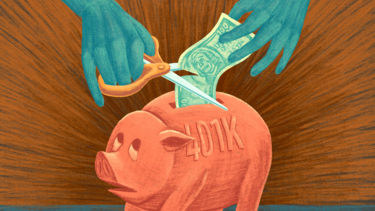All Insights Articles
The Russian Oil Price Cap Can Work Again
With oil prices rising, Russia is finding ways around the price cap set earlier this year. But Yale SOM’s Jeffrey Sonnenfeld, who advised on its implementation, writes that with rapid adjustments, the program can continue to hobble Vladimir Putin’s war effort.

How a Time Out Can Help Address Bias
The Bias Time Out, developed by a team including Gina Calder ’22 and Dr. Cecelia Calhoun ’21, helps healthcare teams spot and address bias in real time.

For Companies Eyeing AI, the Question Is ‘When, Not If’
Generative AI may well be transformative, but firms will need to make judgments on whether the costs, challenges, and risks of being a first mover makes sense.

The Budget Deal Is a Tragedy for Ukraine
With hours to go before a government shutdown, Congress passed a short-term spending bill—but the deal came at the cost of aid for Ukraine. Yale SOM’s Jeffrey Sonnenfeld writes that even if a separate funding bill eventually passes, the move weakens the coalition against Russia.

What Awaits Ukraine Once the War Ends? Prosperity, For One Thing
Once freed from Russian aggression, Ukraine will thrive, argues Prof. Jeffrey Sonnenfeld.
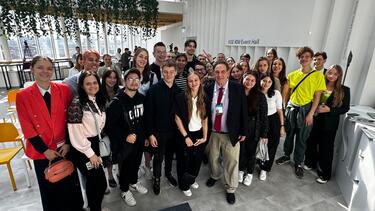
Does Capital Spending on Schools Improve Education?
Yale SOM’s Barbara Biasi and her co-authors found that some projects improve test scores and others boost local property values—but they aren’t the same ones.

A Better Algorithm Can Bring Volunteers to More Organizations
Yale SOM’s Vahideh Manshadi and her collaborators found that an online platform was steering volunteers toward a small group of opportunities. By building equity into the algorithm, they were able to help more organizations find the volunteers they need.
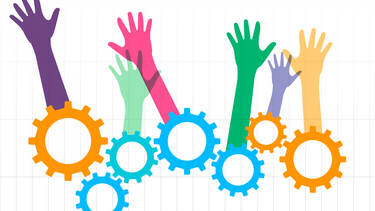
In the Emergency Department, Patients from Marginalized Groups Are More Likely to be Bypassed in the Queue
In a busy hospital emergency department, White people who speak English and have private insurance are more likely to jump the line and get seen first, according to new research from Professors Lesley Meng and Edieal Pinker and Dr. Rohit Sangal ’21 of Yale New Haven Hospital.
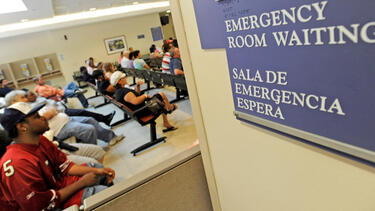
Forms of Wisdom: Lessons from Public Health Entrepreneurs
Four women who are using entrepreneurial tools to achieve public health goals visited Teresa Chahine’s podcast, Impact & Innovation, where they told their stories and shared what they’ve learned about connecting with a community to make a difference.
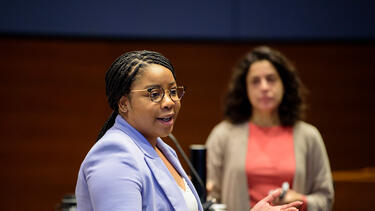
Lower-Income Employees Are More Likely to Remain at 401(k) Defaults, Even If It Costs Them Money
Automatically enrolling employees in retirement plans is a powerful tool for increasing savings. But Yale SOM’s James Choi and his coauthors find that once enrolled, people with lower incomes are more likely to remain at default contribution rates, even if they aren’t optimal.
